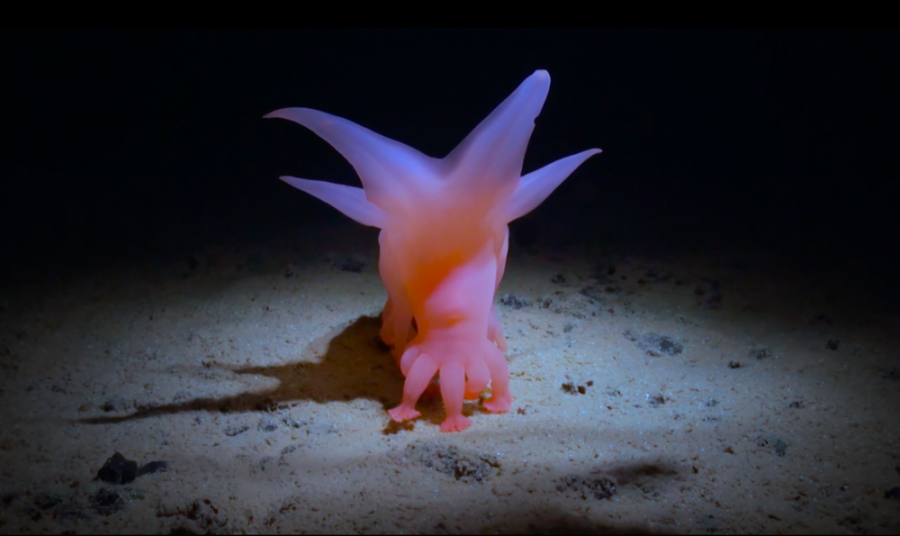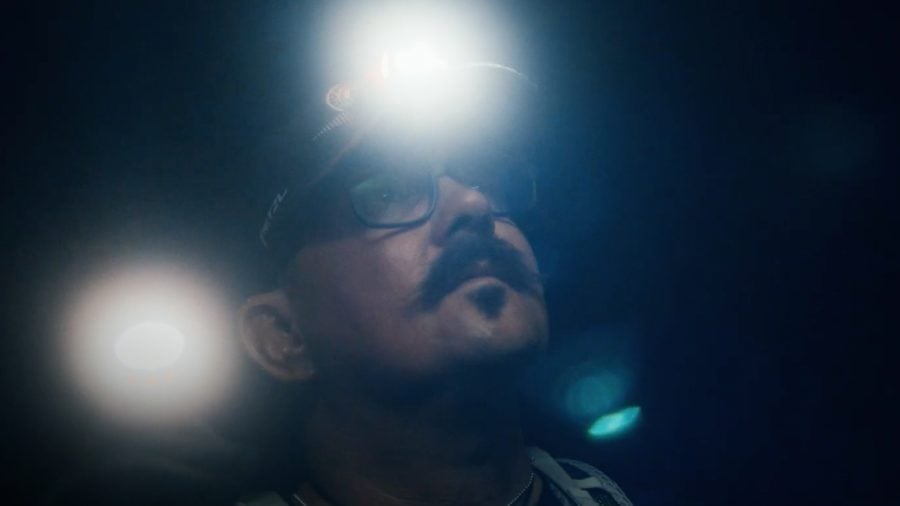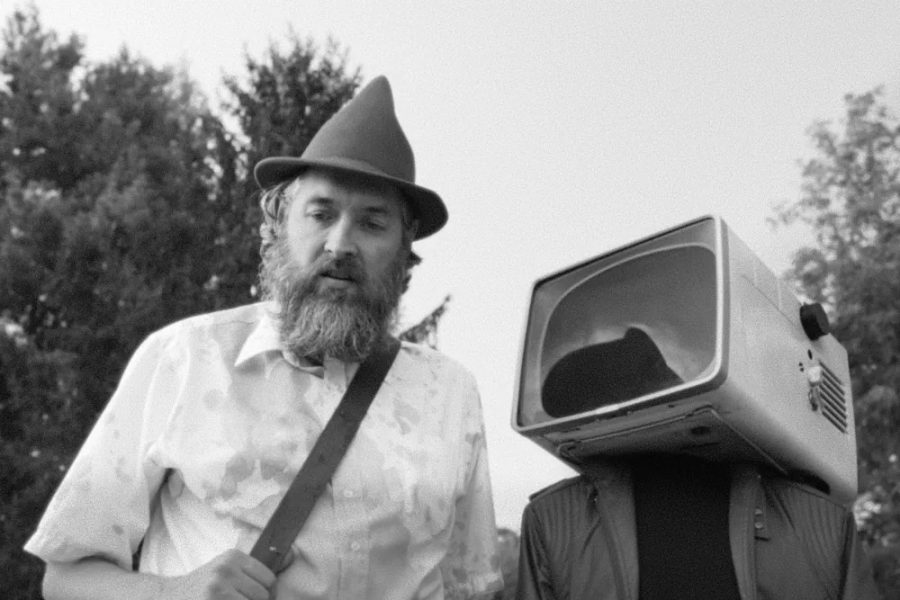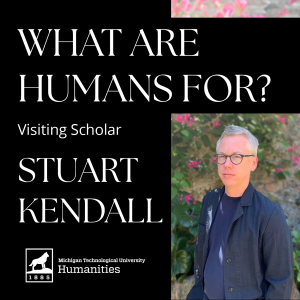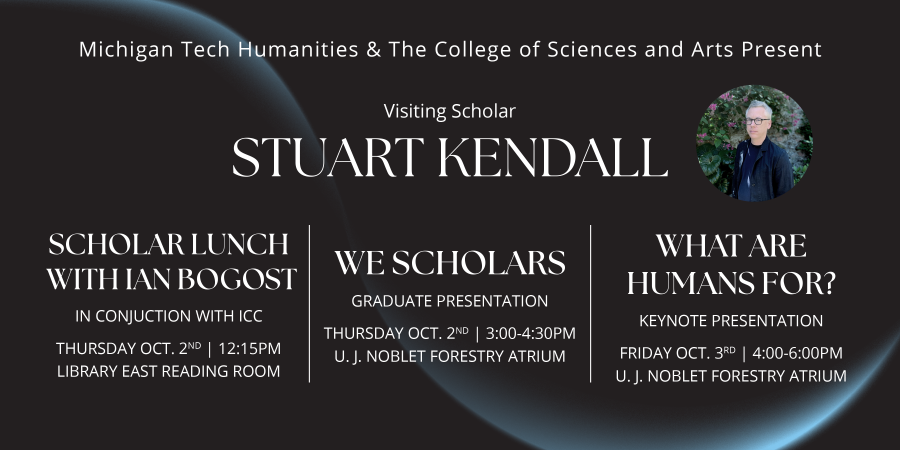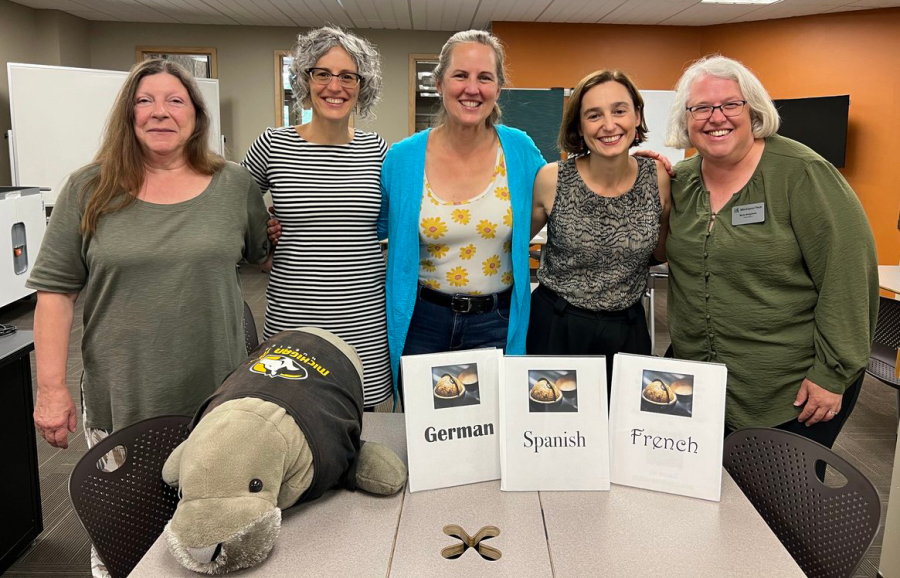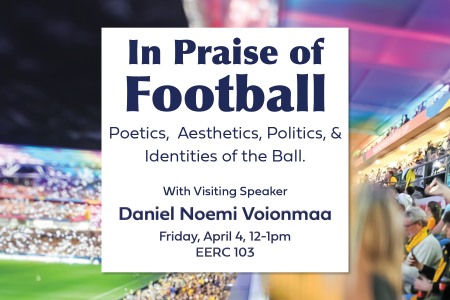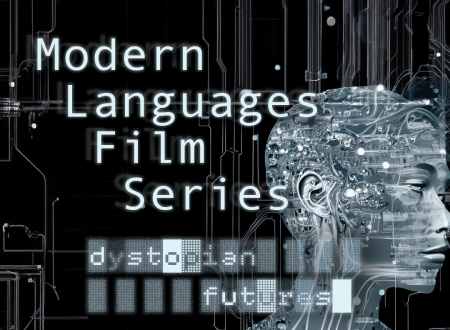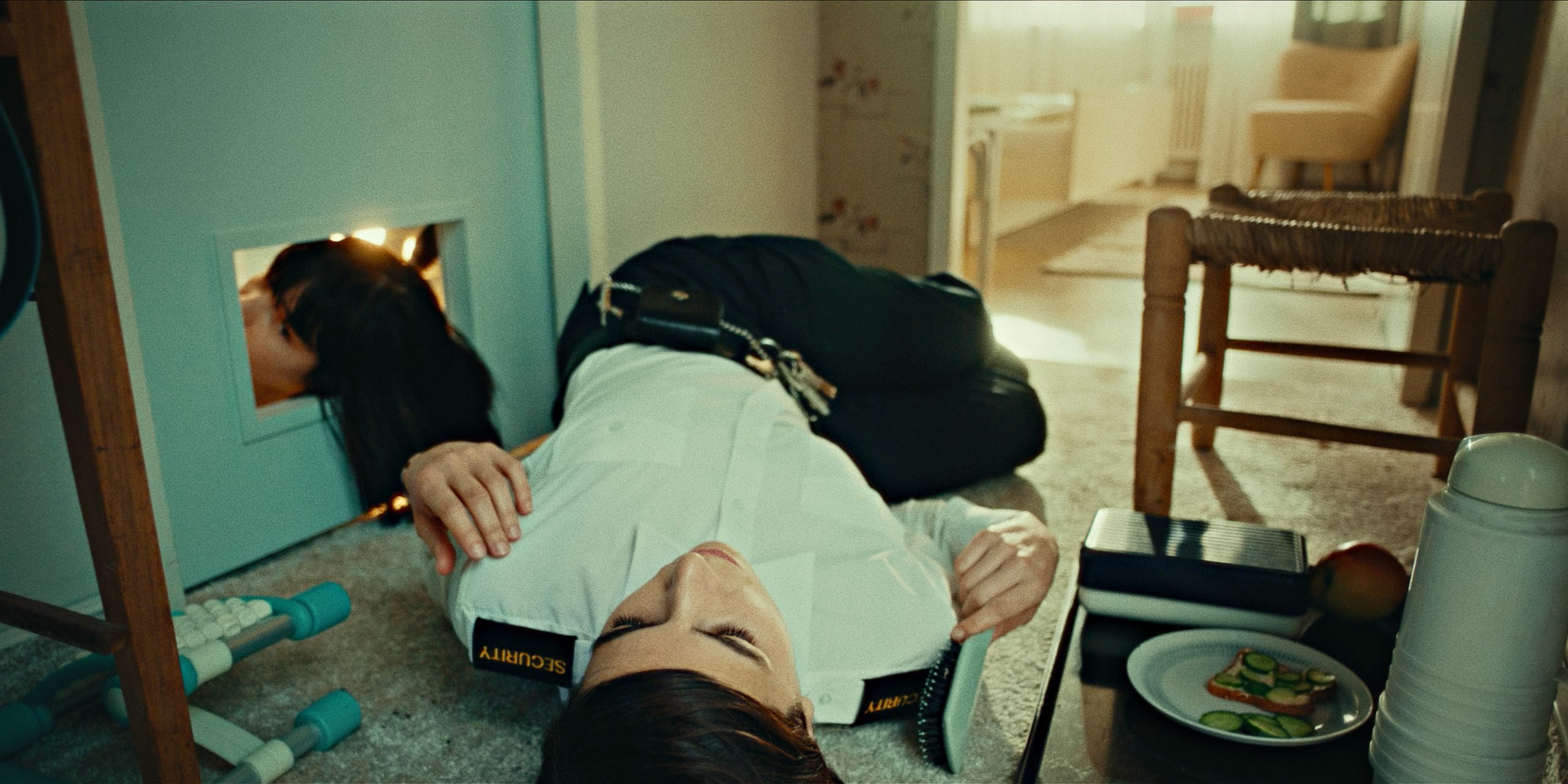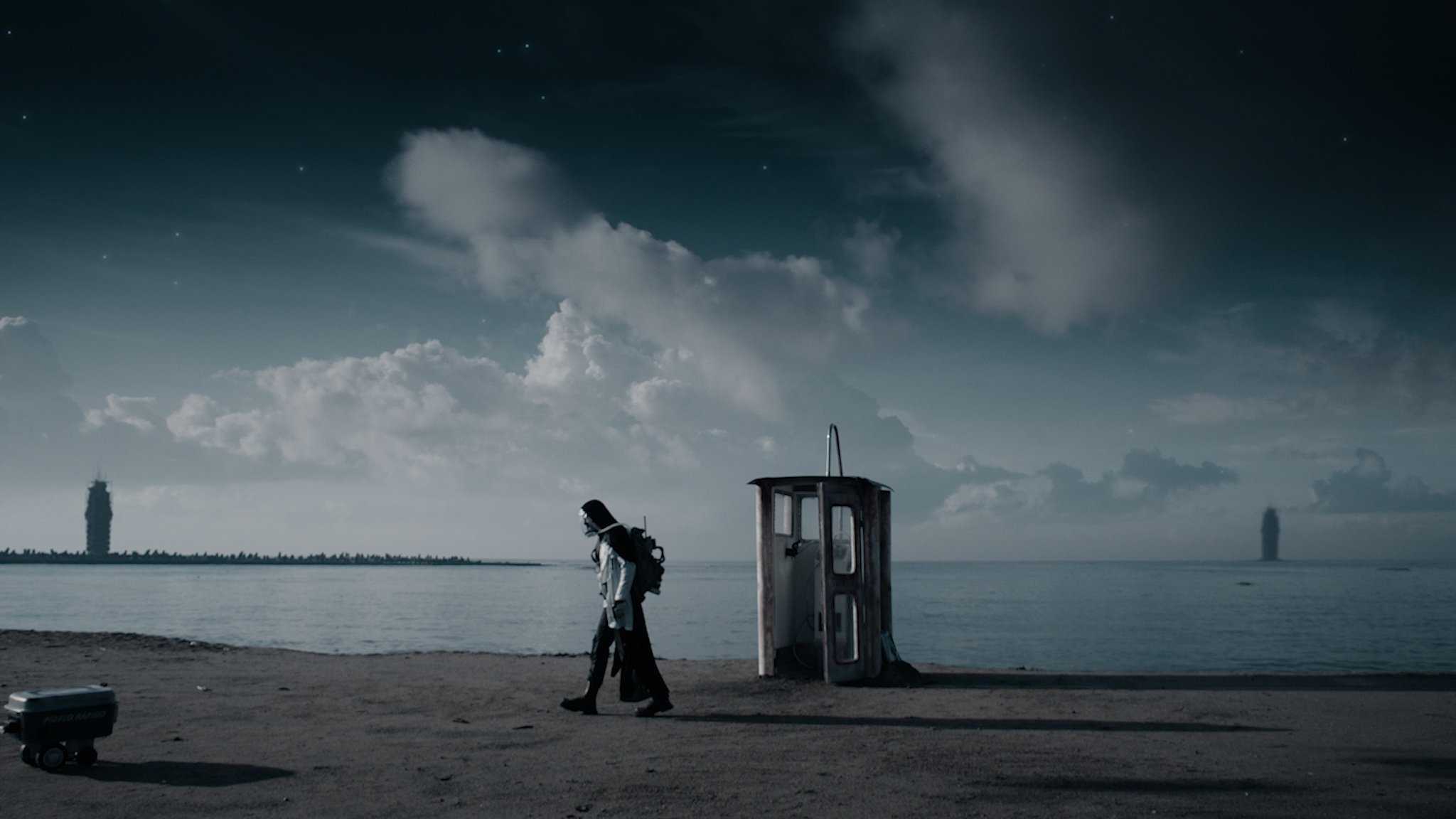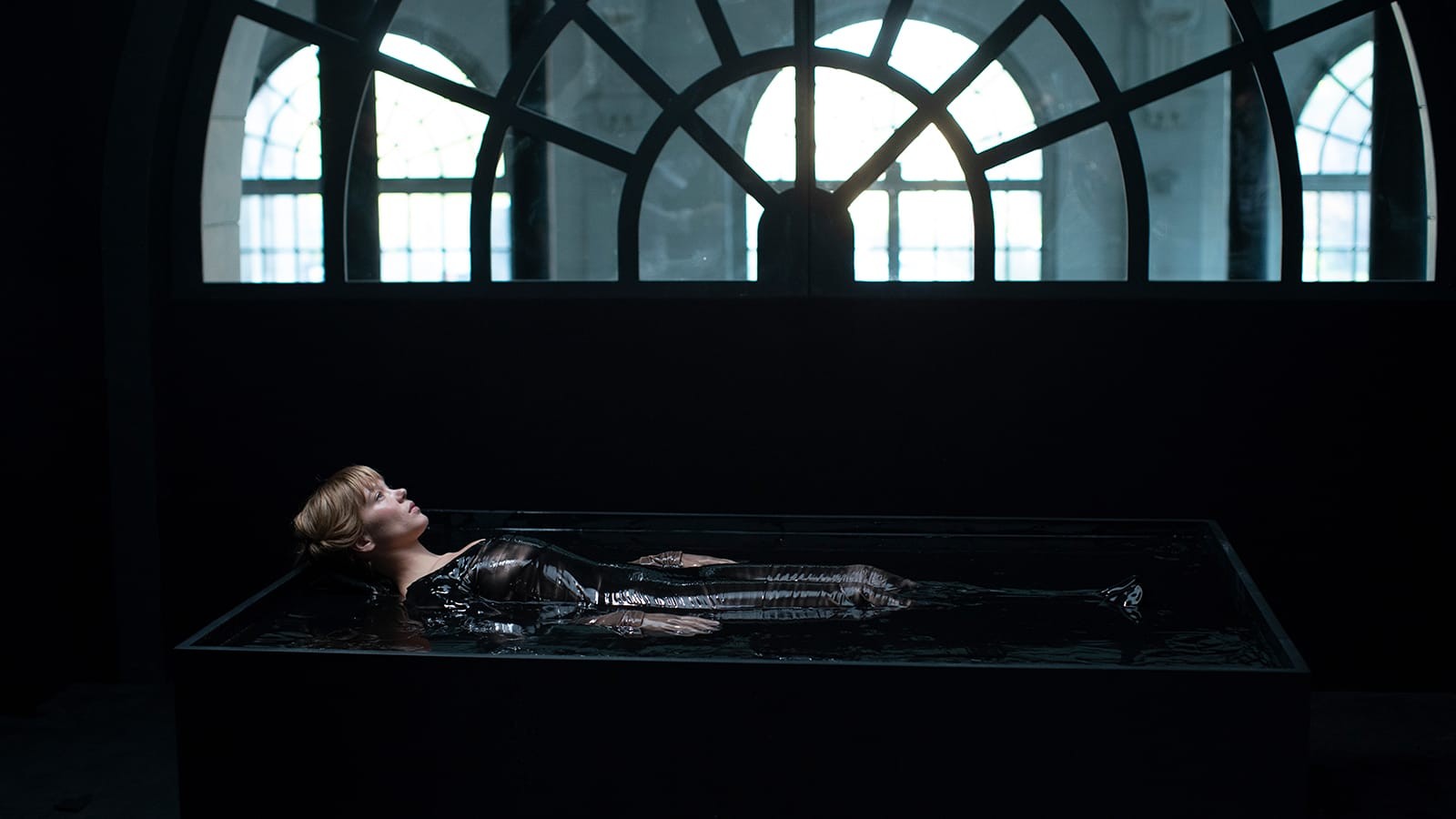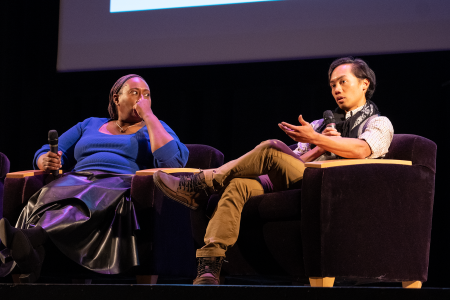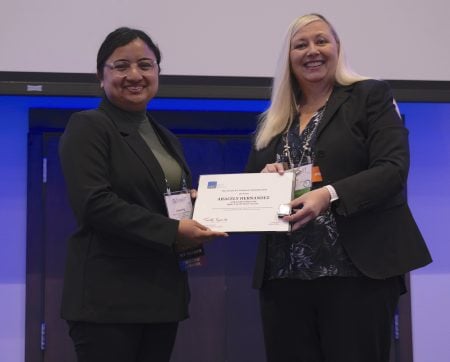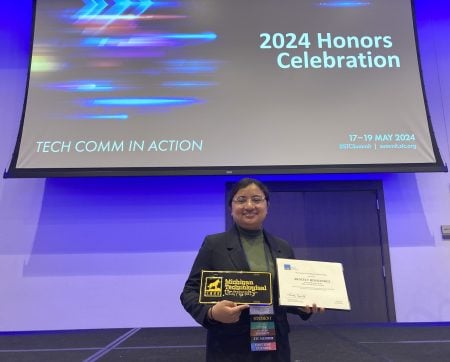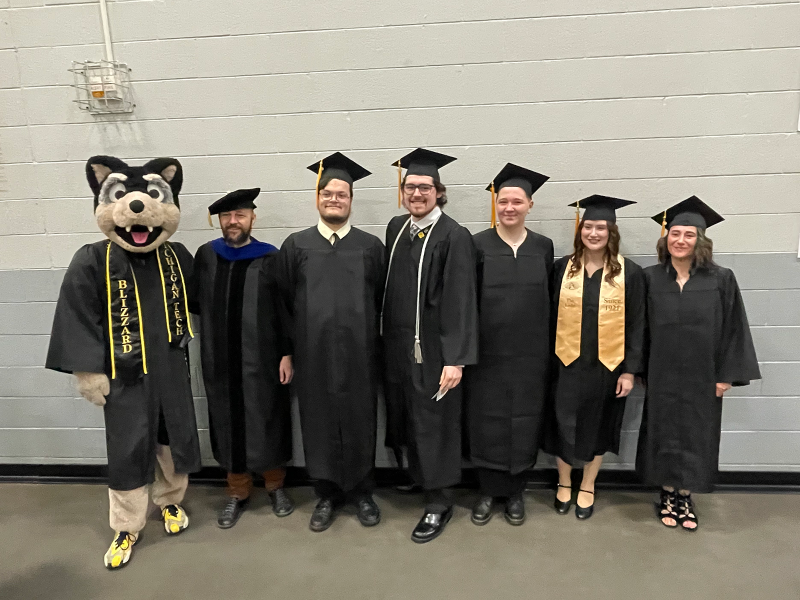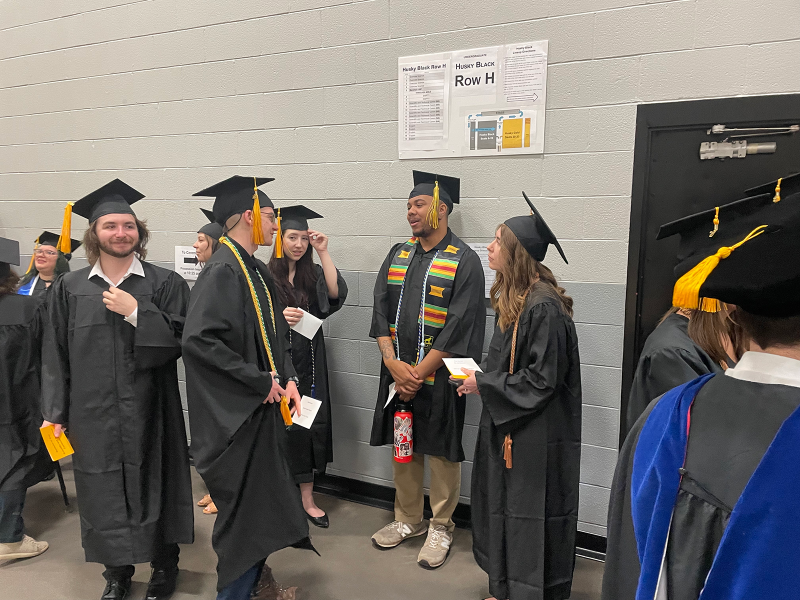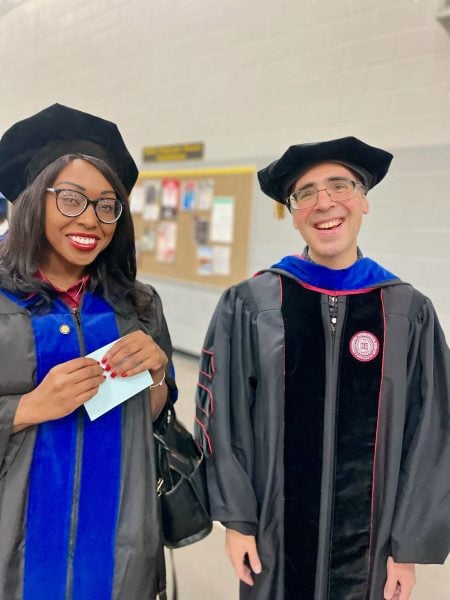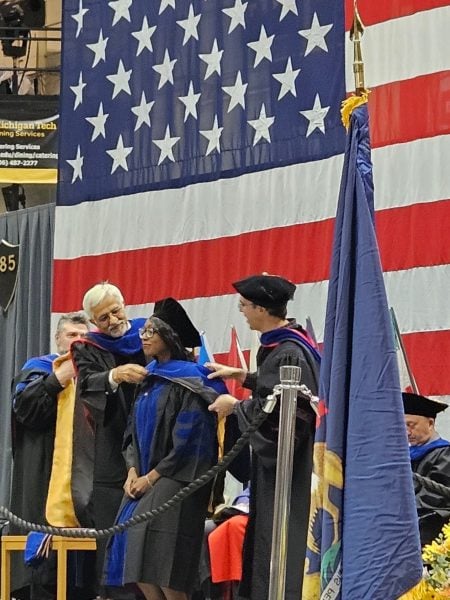This year’s 41 North Film Festival invites audiences to engage with a slate of over 20 creative and thought-provoking films that explore the complexities of contemporary life—from the depths of the natural world to the heights of human resilience. The festival features a diverse lineup of acclaimed and emerging filmmakers whose work takes up urgent social questions through compassionate, sometimes fierce, and always artful storytelling. Panels and guests will offer context and perspectives on many of the films. The festival will be held November 6-9 in the Rozsa Center for the Performing Arts, with additional films screening in Fisher 135 in partnership with MTU Film Board. All films are free and open to the public. Donations and volunteers are appreciated and welcome.
The festival opens Thursday, 11/6, with Folktales (Ewing/Grady, 2025), which follows teenagers at a Norwegian folk school in the Arctic as they navigate the path to adulthood (with a little help from each other and their sled dogs). Balancing the generational scales is Cat Town, USA (Napolitino, 2025), the story of an elderly couple who run a retirement home for senior cats (Friday, 11/7).
Our featured presentation on Friday evening is Underland (Petit, 2025), loosely based on Robert Macfarlane’s bestseller of the same name. A poetic meditation on what lies beneath the earth, the film weaves together three stories of underground exploration. A discussion with featured social geographer and urban explorer, Dr. Bradley Garrett, will follow.
On Saturday, 11/8, How Deep Is Your Love (Mortimer, 2025) takes us on a voyage with scientists who study and catalog deep-sea species in ocean territories that may soon be mined. In the evening, the festival presents Natchez (Herbert, 2025), which examines questions of historic preservation in a town defined by and dependent on its conflicted antebellum past.
Sunday afternoon, 11/9, the rocky terrain of disability advocacy and accessibility is traversed by two films. Best Day Ever (Knight/Berne, 2025) highlights adaptive mountain biking, and the lessons learned when a Vermont community builds an adaptive mountain biking trail system. Following is Reid Davenport’s new film, Life After, which examines the implications of Medical Aid In Dying (MAID) legislation for disabled people, who may suffer pressure to end their lives rather than receive the necessary support to live them.
The festival’s final two films take us back to the animal kingdom with Flow (Zilbalodis, 2024), the Oscar-winning animated feature. This lyrical and hypnotic film tells a completely wordless story about a cat who must work with other species to survive a great flood. Closing out the festival on Sunday evening is the hilarious and educational documentary, Listers: A Glimpse into Extreme Birdwatching (Reiser, 2025).
Film Board will partner again with the festival and screen two films in Fisher 135: Rian Johnson’s 2006 neo-noir film, Brick, starring Joseph Gordon-Levitt, and OBEX (Birney, 2025), a fantasy film set in pre-Internet 1987, which premiered at the Sundance Film Festival last January.
Sponsored by the department of humanities, the department of visual and performing arts, the Rozsa Center for the Performing Arts, and the College of Sciences and Arts. For more information, check the festival website or contact Erin Smith, ersmith@mtu.edu.
